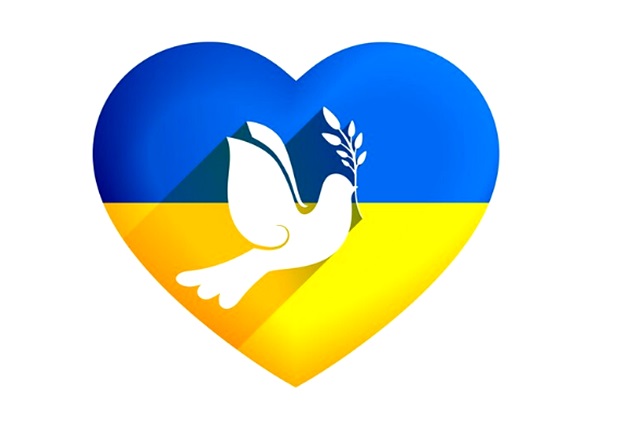1166

"Ukraine has an efficient food safety and pesticide control system that should not be involved in political disputes over cereal exports," said Olha Shevchenko, the interim head of the Ukrainian Food Safety and Consumer Protection Service, to Euractiv.
Concerns about the quality of Ukrainian products
Regarding Ukrainian cereal exports to the EU and their impact on neighboring states, countries such as Poland and Slovakia have expressed concerns about Ukraine's compliance with EU phytosanitary standards—specifically, rules regarding plant protection products and their safety for human, animal, and environmental health.
On the other hand, the Ukrainian government has insisted that Ukrainian goods are safe and comply with EU standards.
In Shevchenko's opinion, who heads the State Service of Ukraine for Food Safety and Consumer Protection, the insistence that trading partners must adhere to such standards is normal and understandable, but it should be treated more as a technical issue than a political one.
"For example, there are rules within the European Union that we must comply with when exporting – for us, this is completely understandable," she said, adding that Ukraine has extensive control systems, including laboratory tests and checks for test batches and raw materials.
"But ultimately, SPS [sanitary and phytosanitary measures] cannot be part of politics because it is about human health," Shevchenko added.
Cereal solution is not optional
In recent months, Ukrainian cereal exports have been at the center of tensions with EU countries "in the front line" at the border with Ukraine, whose farmers complained about being excluded from the market due to an influx of cheap products.
Especially in Poland, where national elections are taking place in mid-October, the cereal issue became prominent enough for the government to withdraw from supporting Ukraine and unilaterally impose import restrictions.
However, last week, Kyiv and Warsaw made progress in their discussions on this issue and announced that they had agreed on measures to expedite the export of Ukrainian cereals through Poland to other countries.
Although Shevchenko did not want to comment on cereal export policy, she emphasized that "an agreement must be reached – there is no other option."
"You have to find good solutions for both parties that do not affect trade," she said, adding that both parties should do their part to ensure smooth operations.
Working towards EU accession
Meanwhile, Shevchenko emphasized that existing agricultural and food trade with the EU means that Ukraine is not starting from scratch when it comes to preparing its regulations and procedures for accession.
The first efforts to harmonize Ukraine's sanitary and phytosanitary regulations were made in 2016, she explained.
"Since then, you can see that trade and exports have increased, and that means we are already implementing European standards," she said.
This echoes the position of Ukraine's Deputy Minister of Economy, Taras Kachka, who criticized attempts to "diminish the role of Ukrainian agriculture, saying that it does not comply with EU requirements."
At the same time, Shevchenko acknowledged that the country and its producers will still need to transition from complying with export standards to full compliance with regulations applied to farms within the bloc.
For the official, this will be the "main challenge" because it means that the new rules will apply not only to large companies operating internationally but also to family farms that sell only on a small scale in the domestic market.
"For large companies, it is easier: they understand and know what to do. But you have to explain to the ordinary farmer, the owner, let's say, of an animal, why they have to do this – and this is really complicated," she said.
Assessing the impact of Ukraine's accession on EU agricultural subsidies according to current criteria is not a relevant exercise, as Kyiv's accession to the EU will likely lead to the end of the Common Agricultural Policy as we know it today, according to Ukraine's Deputy Minister of Economy Taras Kachka.
Learning from EU partners
Extensive administrative capabilities are required to manage this task, according to Shevchenko, not only to develop and implement the necessary regulations but also to conduct public awareness campaigns and provide information and support to individual farmers.
Although she acknowledged that this is a challenge for the limited staff working in relevant authorities, the official emphasized that those involved are dedicated to this task and are closely connected with colleagues from other European countries, especially those who have joined most recently and have gone through a similar process.
"We have a lot of projects helping Ukraine implement this legislation with the technical support of the European Commission," she said.
"But we go beyond official instruments: we have many colleagues in the EU whom I can call and ask: how do you do this?"
Among the more "official" support from Ukraine's partners is a new laboratory for food safety, veterinary medicine, and plant protection, which was opened last week, funded by Germany, Japan, and the United Nations Food and Agriculture Organization (FAO).





